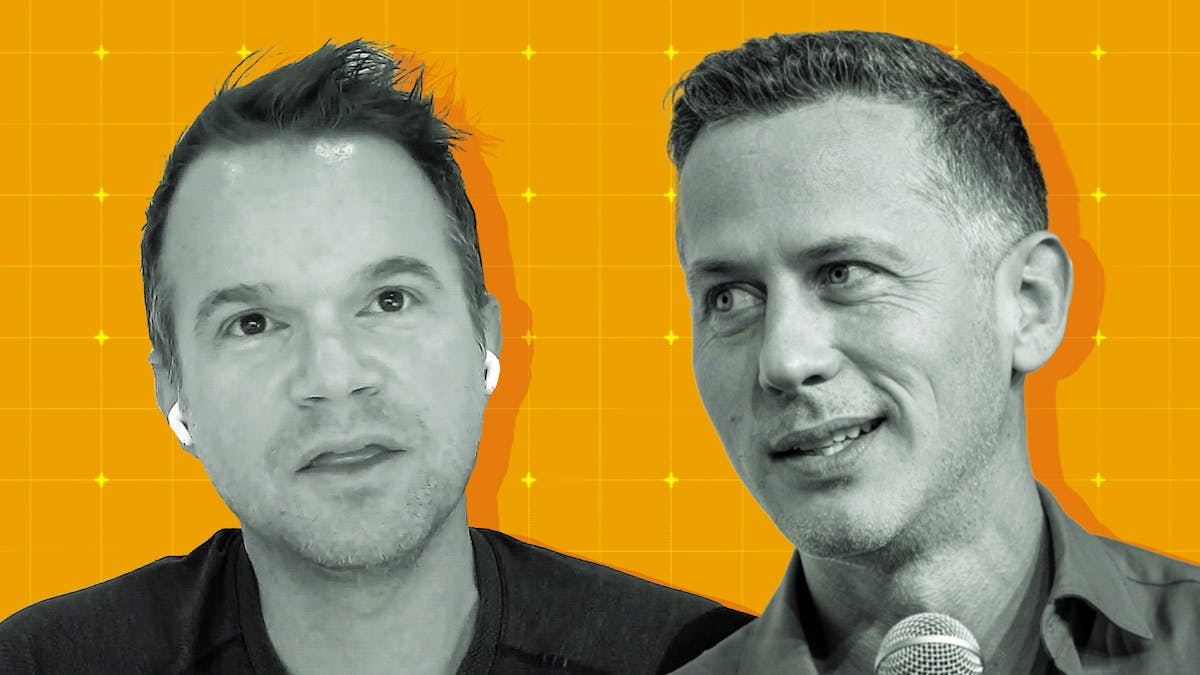Summary:
Over two-thirds of startup founders fear failure, with a five-year business survival rate of only 57.3% in the U.S.
Founders like Ismael Dainehine and Ainars Klavins share how failure led to identity crises but also valuable lessons for future success.
A 2024 study reveals an 'entrepreneurship penalty' where former business owners face hiring bias, yet their diverse skills can make them top employees.
Reframing success around a deep mission helps founders build resilience and overcome setbacks, as advised by experienced entrepreneurs.
The Reality of Startup Failure
Over two-thirds of startup founders have a fear of failure, according to the Founder Resilience Research Report, 2024. Building a startup has always been risky, with the five-year survival rate of small businesses in the U.S. hovering around just over 50% since 1994. By 2018, this rate was 57.3%, per the Bureau of Labor Statistics.

Over two-thirds of startup founders have a fear of failure, per the Founder Resilience Research Report, 2024.
Personal Stories of Resilience
Serial entrepreneur Ismael Dainehine has founded multiple businesses—two that failed, followed by three successful ones, including his latest venture, EverGive, a non-profit that invests in Bitcoin to compound donations. He described his early failures as painful, driven by self-imposed pressure due to financial constraints. Dainehine learned from these experiences, leading to millions in revenue from subsequent ventures, though he noted that even success can feel "soulless and hollow" without a deeper purpose.
Entrepreneurship is often idealized, but it's also tied to hustle culture, with examples like Silicon Valley's seven-day work weeks and China's infamous 996 culture (working 9 a.m. to 9 p.m., six days a week).
Emotional Toll and Identity Loss
'I Lost a Lot of My Identity'
Moving on from a failed business involves admitting mistakes and disappointing others. Klaas Ardinois, founder of CommVision, which shut down after a year, highlighted the emotional challenge of laying off employees and facing investors. He cited market mismatch and misleading VC advice as causes.
Ainars Klavins, founder of augmented reality agency Overly, experienced near-bankruptcy twice before achieving a 1.5 million euro turnover in 2022, but quit due to burnout. After investing 500,000 euros in another startup that struggled, he transitioned to a corporate role, facing an identity crisis.
"The biggest risk isn’t failure, the biggest risk is success without clarity." — Ismael Dainehine, Co-founder of EverGive
Klavins shared, "When you exit through an unsuccessful business, you really start to question: what are you good at? I have sacrificed so much to make this successful that I have lost a lot of my identity... It’s very scary to lose your identity."
Founders as Employees: A Hidden Advantage
Founders returning to corporate life may face stigma, with a 2024 Rutgers Business School study showing an "entrepreneurship penalty" where recruiters are less likely to hire former business owners. However, Alain Rapallo, a PR specialist who started his own agency before returning to employment, argued that founders make excellent employees due to their broad skill set from handling multiple roles.
Klavins agreed, noting that his entrepreneurial experience helped him secure his current job and taught humility by eliminating ego.
Redefining Success for Resilience
Dainehine emphasized the importance of redefining success and failure. He advised founders to commit to a mission with deep purpose to build resilience. "Once I focused on a mission I actually believed in, the same setbacks became survivable," he said, suggesting that a strong mission can help reframe failures as learning opportunities.








Comments